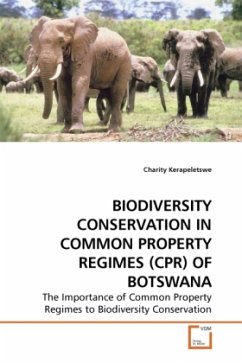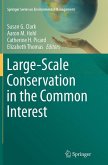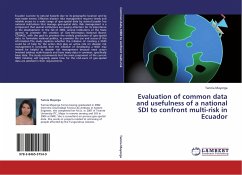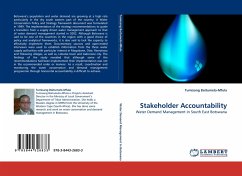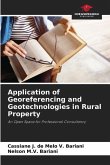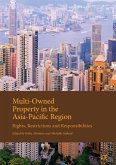This book examines how biodiversity is used and shared under a common property regime and how differential access and control may affect its conservation. This is analysed by testing the hypothesis that output sharing common property resource (CPR) management systems are better at conserving biodiversity by both equity and efficiency criteria than access sharing CPR systems, since the they are better able to contain the impacts of heterogeneity, community size, monitoring and enforcement. Findings from case studies show that both access sharing and output sharing common property contracts are characterised by some degree of inequality. Access sharing contract is characterised by greater income inequality than output sharing contract. Clearly, output sharing contract is preferable based on inequality reducing criterion. In terms of biodiversity conservation, output sharing contract dominates due to its responsiveness to changes in exogenous variables and due to the fact that it isbased on sustainable resource harvesting quantities.
Bitte wählen Sie Ihr Anliegen aus.
Rechnungen
Retourenschein anfordern
Bestellstatus
Storno

